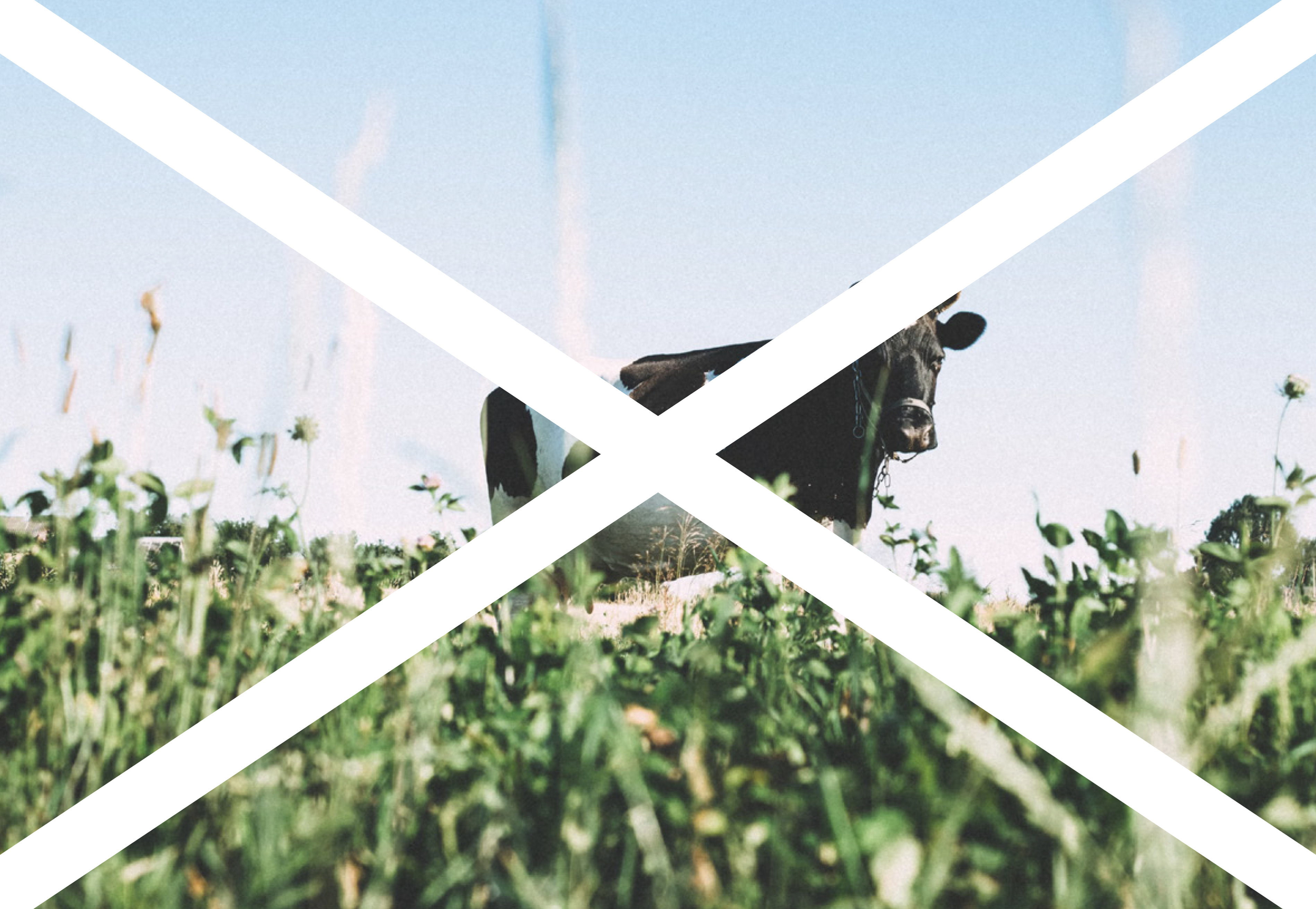HOUSTON, LOOKS LIKE YOU HAVE A PROBLEM!
-REALLY?
-You bet you do!
Here's the stark reality:
The dairy industry, a cornerstone of global food production,
consumes vast swathes of land and emits significant CO2
emissions, rivaling the impact of the entire transportation
sector combined.
It operates under inefficient and often unethical standards,
squandering precious resources like water, land, and energy.
From deforestation to greenhouse gas emissions, the dairy
industry is a primary driver of environment devastation.
If we're serious about preserving our planet, we must
fundamentally transform how we produce our food.
Starting with dairy.
THE DAIRY DILEMMA: IS DRINKING MILK BETTER THAN EATING MEAT?
We're all about solutions. By embracing sustainable practices and innovative alternatives like sacha inchi, we're blazing a trail for a brighter, more resilient future. It's time to step up and make a real impact. Now, onto the dairy dilemma!
Dairy, just like meat, comes from animals. It's easy to forget, but here's the scoop: Choosing cheese over meat doesn't necessarily earn you eco points. Why? Because dairy and meat go hand in hand. Shockingly, a whopping 85% of beef traces back to the dairy herd. Plus, milk cows live just five years, and bull calves often meet their end within 18 months. It's tough, we know. But there's a silver lining: Dialing down on animal-based dairy means fewer dairy cows and brighter prospects for their calves. And guess what? Dairy and meat aren't your only allies. There's a world of plant-based goodness out there waiting for you to explore!
THE SOCIAL DILEMMA
While sacha inchi farming holds promise for boosting local economies and supporting sustainable livelihoods, it's not all smooth sailing. Small-scale farmers in remote regions, brimming with potential, but facing hurdles like limited market access and uncertain land rights. It's a bit of a mixed bag. On one hand, sacha inchi cultivation can be a ticket to economic empowerment. On the other, there's the nagging question of fair prices and ensuring that everyone along the chain gets their fair share. So, while sacha inchi farming offers hope, there's still work to be done to ensure that the benefits reach those who need them most.


